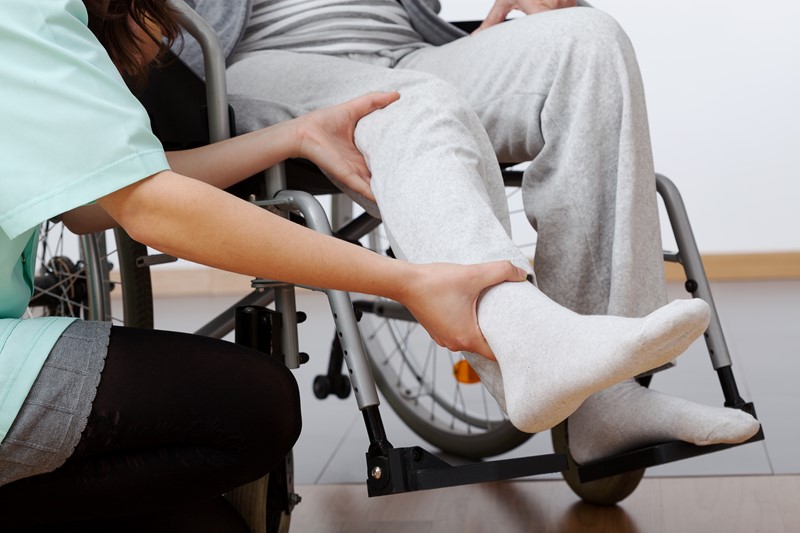Speaking to 300 leading experts gathered at the annual UAE eHealth Week in Dubai, Ian McCrae Founder and CEO of Orion Health said, “The global health sector is transforming slowly toward its goal of helping personalise healthcare. But the shift to more personalised healthcare depends heavily on an HIE’s capability to aggregate all types of health and social data and present it in a meaningful way to health providers and their clinicians who use it to access a complete picture of their patient’s health. With more than 50 HIE customers, we’re helping the healthcare sector make this crucial shift.”
Today healthcare systems waste more than a trillion dollars each year on healthcare spend, from unnecessary administration, avoidable lab testing and readmissions of patients into hospital. Part of the reason for this wasted spend is the fragmented nature of health systems. Information doesn’t flow as freely as it should, meaning healthcare providers are often not able to access the information they need to make decisions and deliver the best care possible.
Technology is the enabler for connecting health providers and improving communication across both primary and secondary care providers, supporting them in their decision making at the point of care.
Many healthcare organisations have multiple IT systems both within the acute hospital environment and in community care, that contain relevant health data that, if connected, could be incorporated into a more comprehensive patient health record. An HIE platform can facilitate the exchange of health information, so that it can be added to a patient’s electronic health record, and can be viewed and updated by clinicians across different providers.
Last month Orion Health Abu Dhabi Health Data Services announced an exciting new project, ‘Malaffi’ which will deliver the first Health Information Exchange (HIE) Platform in the Middle East. Connecting 2,000 public and private healthcare providers, ‘Malaffi’ will help make a fundamental difference to delivering patient care. With a centralised store of health data, healthcare providers will be able to access information efficiently, enhancing patient safety by reducing medication errors and allergies and improving the speed and accuracy of diagnosis and duplication of laboratory testing.
At the launch of ‘Malaffi’, Atif Al Braiki, Chief Executive Officer of Abu Dhabi Health Data Services said the Department of Health-Abu Dhabi (DoH) recognised the need to centrally and efficiently, store, exchange, and analyse the enormous amount of data that is being created in healthcare every day. By using advanced technologies, such as AI and machine learning, the DoH will drive the digital transformation of the healthcare system, for a happier and healthier Abu Dhabi.
The highly scalable platform will also have the capability to harness the power of patient and population data, and by creating insights into the emirate’s public health, have a significant impact on improving the overall efficiency of Abu Dhabi’s health system. With the improved communication and data sharing that an HIE provides, researchers and government organisations will be able to securely access health data to inform decision making about population health needs and the tracking of important health trends.
In the United States, the New Mexico Health Information Collaborative (NMHIC) is also leveraging technology to improve efficiency and facilitate robust health information sharing.
NMHIC has created a secure exchange of patient health information among different and unrelated healthcare organisations and electronic health record systems. Its Health Information Exchange (HIE) is growing rapidly, connecting data from 33 hospitals, over 25 physician groups, Medicaid, Medicare and commercial payers, laboratories and imaging centres, emergency services, as well as several other care providers.
The organisation is already experiencing benefits from the Orion Health HIE platform, with some hospitals using the system reporting on a 30-day hospital readmission rate that is half the national and local benchmarks.
To learn more about how NMHIC established unprecedented access for participants and longitudinal patients records for state residents, read our New Mexico HIE case study.



